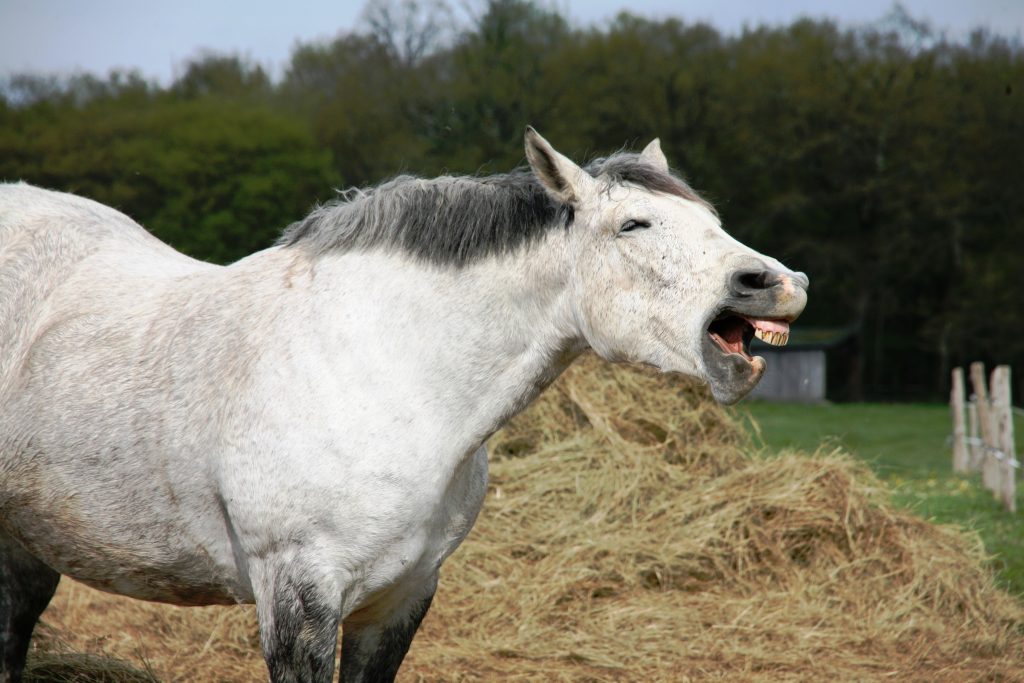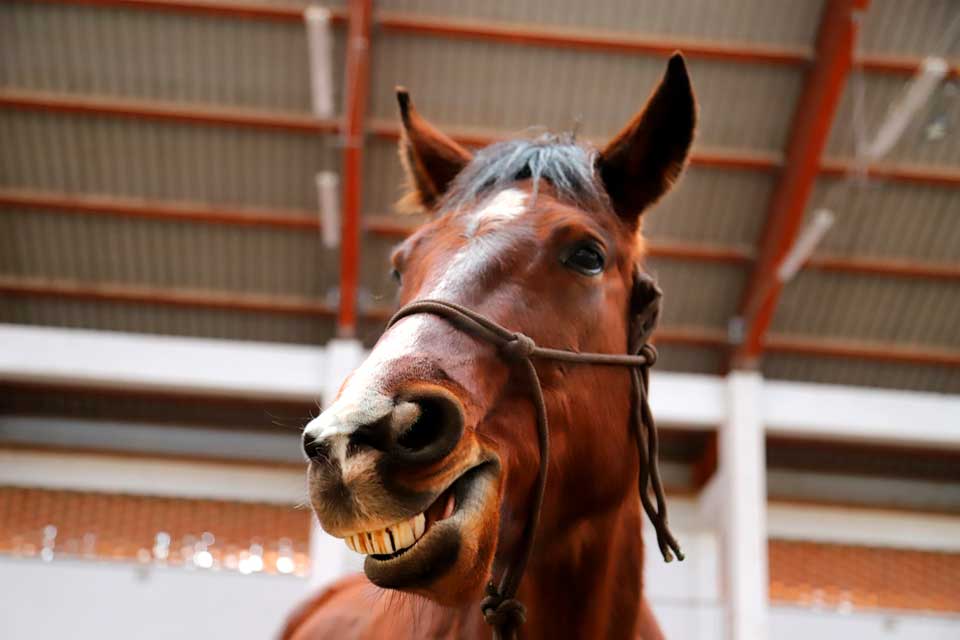Regular dental care is crucial for maintaining the health and well-being of our equine companions. How often do horses need teeth floated? This is a common question among horse owners and enthusiasts alike. Properly timed dental care can prevent a host of problems and ensure that horses live comfortably and perform at their best.
The frequency of teeth floating depends on several factors, including the horse’s age, diet, and overall dental health. Generally, horses should have their teeth checked by a vet every six months. However, some horses with specific dental issues may need floating more frequently. It’s essential to consult with a veterinarian to tailor a dental care plan for your horse’s unique needs.

Understanding Teeth Floating
Teeth floating is a procedure that involves filing down the sharp points that develop on a horse’s teeth over time. Horses’ teeth grow continuously, and due to their natural chewing motions, these sharp points can form. If left unchecked, they can cause discomfort, difficulty in eating, and even injury to the mouth.
Why is Floating Necessary?
The primary reason for floating teeth is to ensure a smooth and even chewing surface. This allows horses to grind their food more effectively, aiding in proper digestion and nutrient absorption. A smooth dental surface can also prevent mouth injuries and discomfort.
Signs Your Horse Needs Dental Care
Recognizing the signs that your horse may need dental attention is vital. Common indicators include:
- Difficulty in eating or dropping food
- Weight loss or changes in body condition
- Excessive salivation or drooling
- Bad breath
- Head tossing or resistance while being ridden
If you notice any of these symptoms, it’s important to consult with a veterinarian to determine if teeth floating is necessary.
Age and Dental Care
Different age groups of horses have varying dental care needs. Younger horses, especially those between 2 to 5 years old, require more frequent dental checks. This is because their teeth are still developing and adjusting. For mature horses, annual or bi-annual checks might be sufficient unless specific problems are identified.
Diet’s Role in Dental Health
A horse’s diet can significantly impact its dental health. Horses that graze on pasture tend to have fewer dental issues compared to those on a diet of primarily processed feed. Natural grazing encourages a more even wear of the teeth, reducing the risk of sharp points developing.
The Importance of Regular Vet Visits
Regular veterinary visits are essential for monitoring and maintaining a horse’s dental health. A veterinarian can provide a thorough examination, spotting potential issues early on. This proactive approach can prevent more severe problems down the line.
Equine Dental Specialists
While many veterinarians offer dental services, there are specialists known as equine dental technicians. These professionals have advanced training in equine dental care and can offer comprehensive services.
How to Choose a Dental Specialist
When selecting a dental specialist for your horse, consider their experience, qualifications, and reputation. It’s also beneficial to seek recommendations from other horse owners or your veterinarian.
Preventative Dental Care for Horses
Preventative care is always better than reactive care. Regular dental check-ups, proper diet, and good management practices can significantly reduce the risk of dental issues.
Tools Used in Teeth Floating
The tools used for teeth floating have evolved over the years. Today, veterinarians and dental specialists use both manual and power tools to perform the procedure efficiently and safely.

FAQs About Teeth Floating
How often should a horse have its teeth floated?
This depends on the individual horse, but generally, every 6 to 12 months is recommended. Consultation with a vet can provide a more tailored schedule.
What happens if a horse’s teeth are not floated?
Unattended dental issues can lead to mouth injuries, poor nutrition, and discomfort, affecting the horse’s overall health and performance.
Can a horse eat immediately after teeth floating?
Yes, most horses can return to their normal eating habits shortly after the procedure. However, it’s always best to follow the specific advice given by your veterinarian.
For more information on equine dental care, you can visit Open Sanctuary. Additionally, you might find our related articles on dental work, tooth problems, and dental care helpful.
This article contains affiliate links. We may earn a commission at no extra cost to you.
